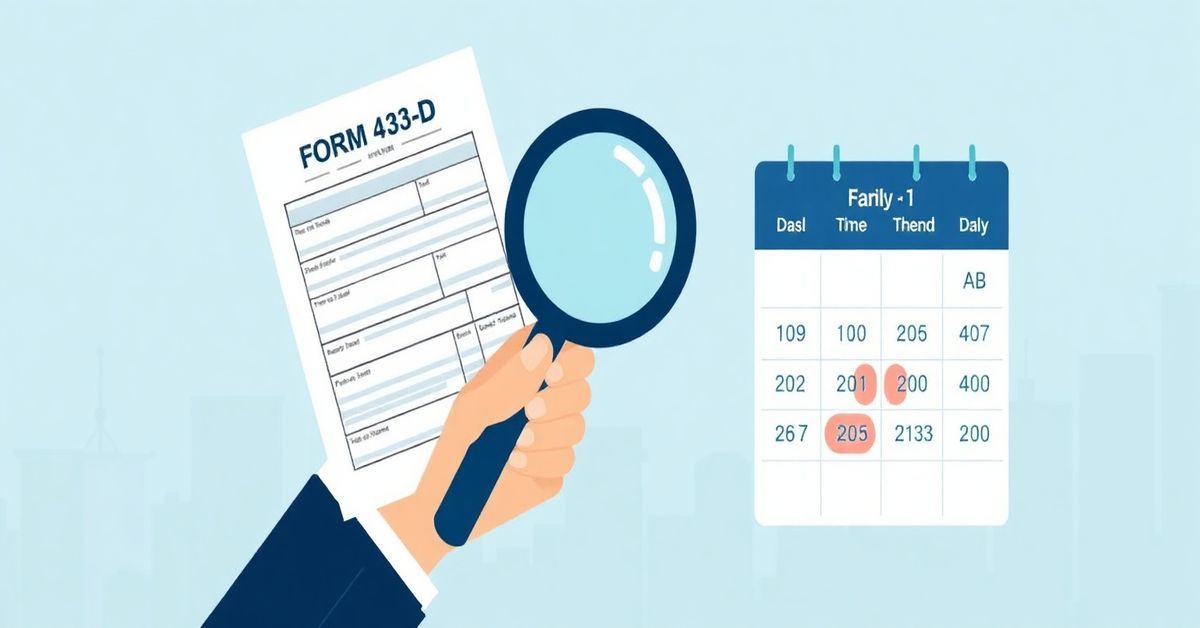Form 433-D – Installment Agreement
What is Form 433-D and How Does it Help Manage Tax Debt?
Form 433-D, officially titled “Installment Agreement,” is an IRS form that taxpayers use to request an agreement to pay their outstanding tax liabilities in monthly installments. This form allows taxpayers to negotiate payment terms with the IRS if they cannot pay their full tax bill right away.

